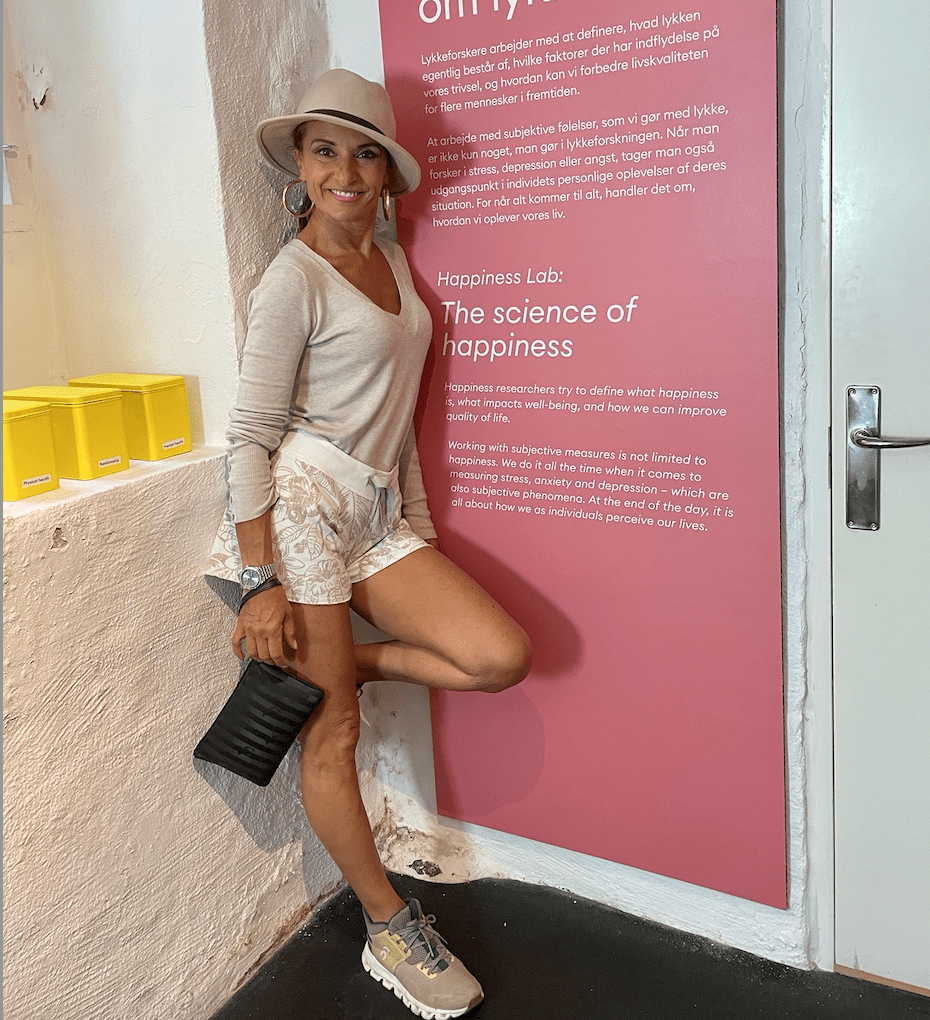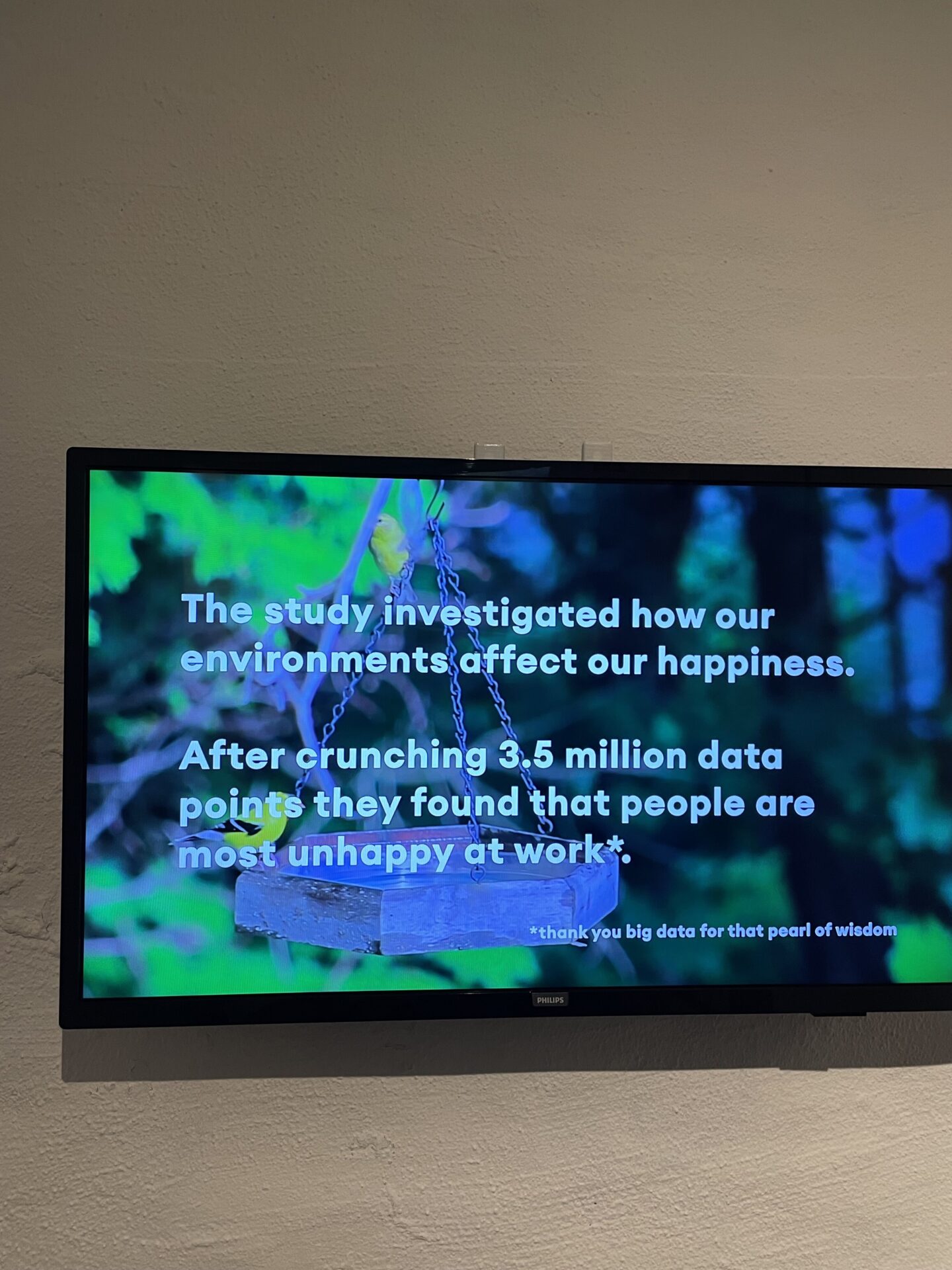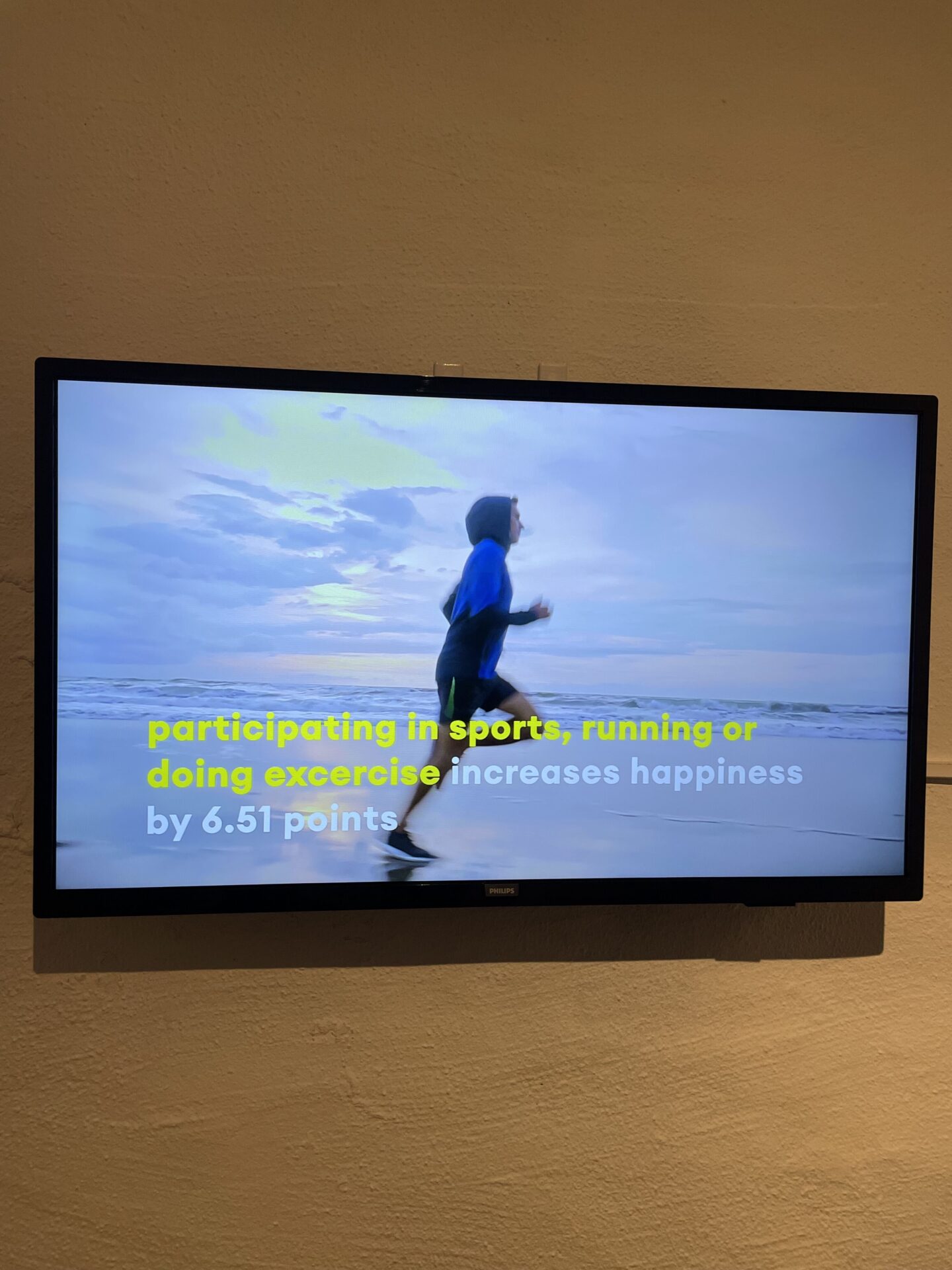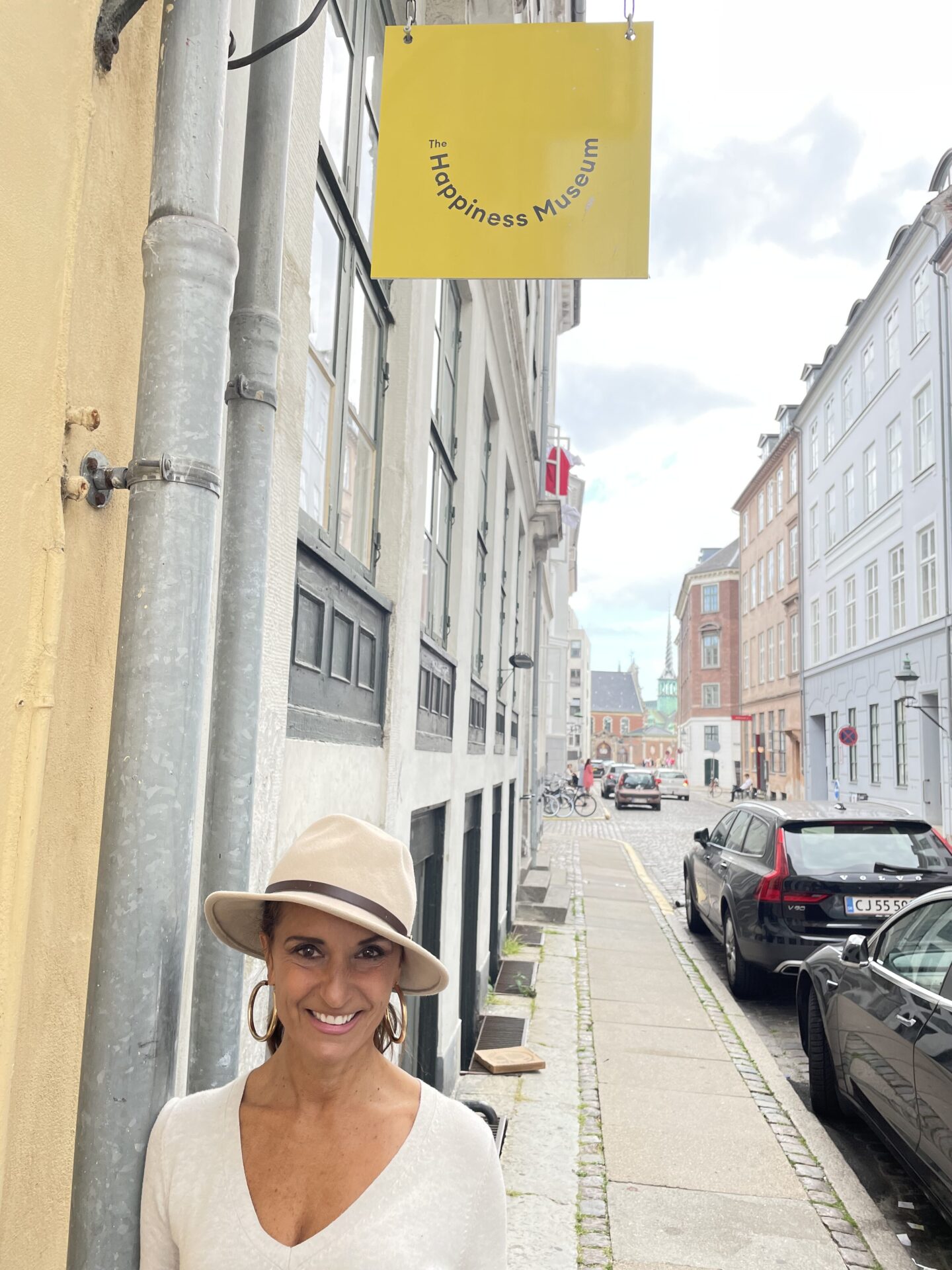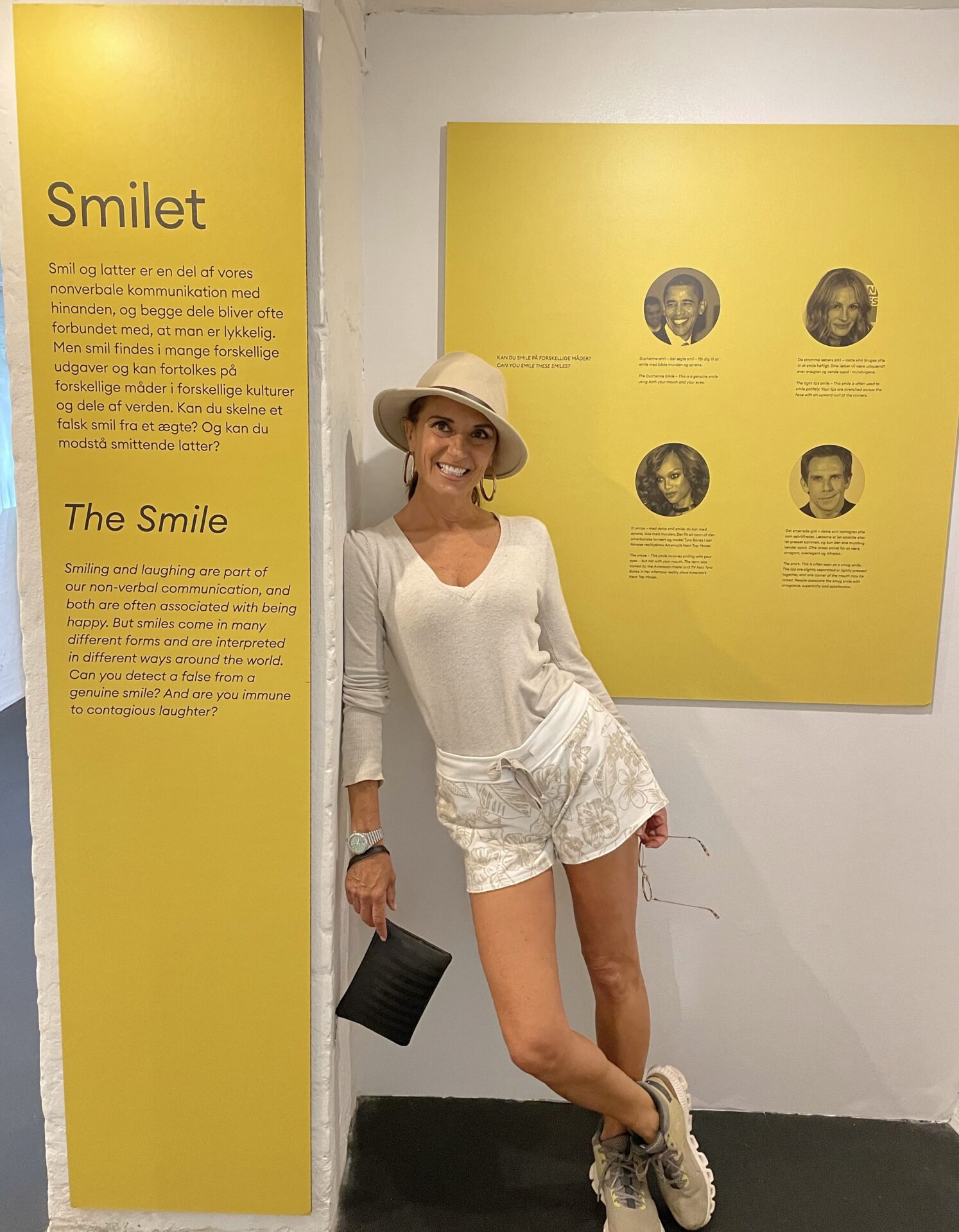What You Learn At The Happiness Museum – And It Will Surprise You
The Happiest Country on Earth
A visit at a tiny Museum in Copenhagen – The Happiness Museum – will make you understand why Denmark is often called the happiest country on earth, and most importantly will give you a lot of food for thought and ideas on how to be happy. I went there because I love the subject, and I have just finished a Harvard Course called Managing Happiness.Some of the research findings surprised me and gave me some a-ha! moments.
Let’s Start With Sex
The Happiness Museum is based on the psychological and social research of the last twenty years. A study about activities that make you happy or unhappy found this out:
The participants’ responses showed that working is the second unhappiest activity, however, it is the one which the participants on average spent most time on each day. Furthermore, sex is the happiest activity, however, it is the one on which the least time is spent on average.
3.5 Million Data
Another interesting study investigated how our environment affects our happiness.
After crunching 3.5 million data points they found that people are most unhappy at work – thank you big data for that pearl of wisdom!
-In comparison to being indoors, happiness increases by 2.32 points on the scale from 0-100 when participants are outdoors
-Being with friends increases happiness by 4.38 points
-Being by Marine or coastal margins increases happiness by 6.02 points
-When it is sunny happiness increases by 0.46 points
-Being Outside when it is foggy decreases happiness by 1.35 points
-Being outside when it is raining decreases happiness by 1.37 points
-Between 0 and 8° C decreases happiness by 0.51 points
-When the temperature is 24+° C happiness increases by 5.13 points
-Participating in sports, running or doing exercise increases happiness by 6.51 points
Work-Life Balance And The Parental Gap
The nordic countries have some of the best balances between work and family life. Short work days, paid vacation, subsidized child care, maternity and paternity leave makes it easier to be a family.
Kids are a positive influence on having a sense of purpose – but when we look at whether people with kids are more satisfied with life than people without kids, it depends where in the world you look.
A team of researchers led by Jennifer Glass, a professor of sociology at the University of Texas, examined the parental happiness gap in different countries in 2016.
They found that the happiness gap is explained by differences in family-friendly policies. In countries with the best packages, people with kids are more satisfied with life than people without kids.
However, the happiest parents seem to be found in Portugal. In Portugal, grandparents serve as a fundamental support base for parents and have a functional role in the raising of grandchildren.
In a perfect world, perhaps we should all have Scandinavian family policies and Portuguese grandparents.
It’s Happiness, Not Pie
Acts of kindness are known to influence our mood in a positive way. Send this text to someone:
“Hey, I am in the Happiness Museum in Copenaghen – and I’ve been asked to send a tex to someone who means a lot to me, and I thought of you”.
Remember, the cool thing about happiness is that it doesn’t become smaller by being shared.
It’s happiness, not pie 🙂







